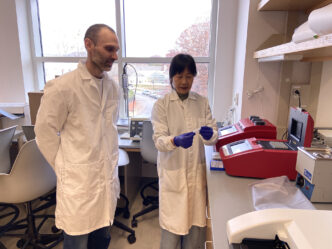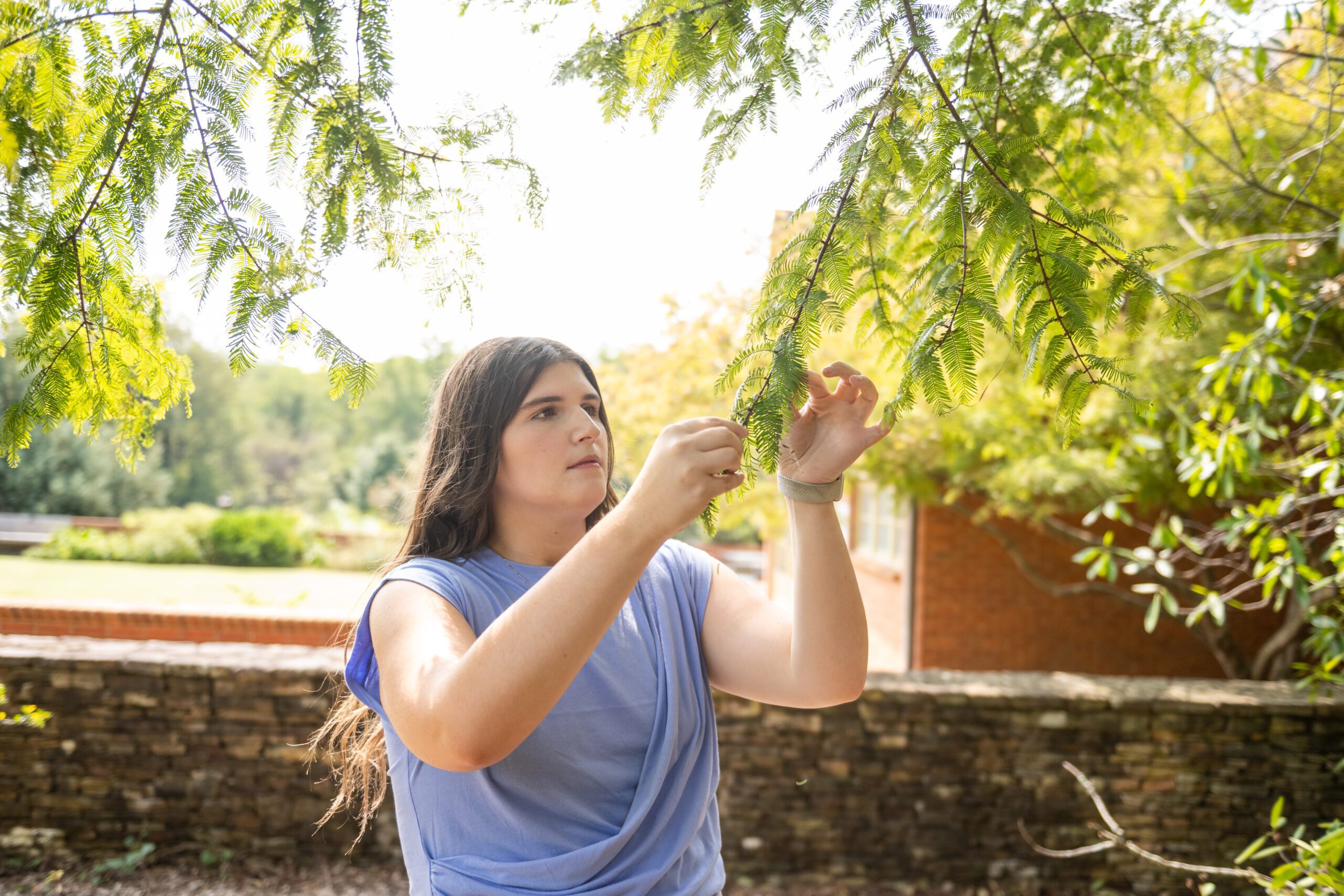Clemson University has received $768,000 in funding from the Centers for Disease Control and Prevention (CDC) to implement the first year of $3.8 million, five-year High Obesity Program (HOP) in rural and underserved areas of South Carolina.
The CDC provides HOP funding to universities with cooperative extension services to address health disparities that impact nutrition, physical activity and obesity in primarily rural counties where the obesity rate is 40% or more in adults.
“CDC is excited to announce this new HOP funding to land grant universities in communities with high rates of obesity,” said Terry O’Toole, Ph.D., MDiv, program development and evaluation branch chief in CDC’s Division of Nutrition, Physical Activity and Obesity. “This funding supports local programs to improve access to fresh, healthy foods and opportunities for physical activity with the goal of reducing chronic diseases.”
Obesity in the United States affects more than 100 million adults (42%) and 14 million children (20%) and accounts for approximately $173 billion in annual health care costs. According to local data, South Carolina has the 13th highest rate of obesity in the nation, and rural communities often have the highest obesity rates within the state.

Obesity is a complex, common and costly chronic disease associated with poor mental health outcomes, stigmatization and reduced quality of life. Obesity also puts people at risk for other diseases such as diabetes, heart disease, stroke and many cancers.
Researchers from the University’s College of Behavioral, Social and Health Sciences (CBSHS) and the College of Agriculture, Forestry and Life Sciences (CAFLS) along with the Rural Health and Nutrition Extension team will implement CDC’s High Obesity Program through the Clemson Cooperative Extension System in the following counties: Allendale, Bamberg, Darlington, Dillon, Florence, Hampton, Lee, Marlboro, Marion and Orangeburg.
“This CDC support will allow us to improve access to healthy foods and opportunities for physical activity in communities across South Carolina,” said Sarah Griffin, project PI and interim chair of the Department of Public Health Sciences. “As the data suggests, obesity is a critical issue in our state, and HOP will work to improve programming, health outcomes and quality of life for South Carolinians living with obesity.”
As one of 16 HOP recipients nationally, researchers at Clemson will work through cooperative extension services to implement proven public health strategies for:
- Food and nutrition security promoting food service and nutrition guidelines, expanding fruit and vegetable voucher incentive and produce prescription programs.
- Safe and accessible physical activity connecting transportation networks to everyday destinations.
- Family healthy weight programs collaborating with partners to implement family healthy weight programs.
- Early care and education (ECE) settings improving nutrition and physical activity and increasing breastfeeding.
A complete list of CDC’s HOP recipients and additional information can be found on the HOP website.
The College of Behavioral, Social and Health Sciences is a 21st-century land-grant college joining together a unique combination of schools and departments: Communication, Nursing, Parks, Recreation and Tourism Management, Political Science, Psychology, Public Health Sciences and Sociology, Anthropology and Criminal Justice. These areas have distinctive characteristics and missions – all joined together by a common thread of service to people and communities.
The College of Agriculture, Forestry and Life Sciences is at the core of Clemson University’s land-grant heritage and is the beating heart of founder Thomas Green Clemson’s vision of a high seminary of learning that would reach beyond the boundaries of the academy to benefit South Carolina, its people, land, wildlife, natural resources and economy. CAFLS brings together the land-grant mission of teaching, research and Extension through world-class educational, inquiry and outreach opportunities and partnerships with private industry and state and federal agencies.
Clemson Cooperative Extension Service helps improve the quality of life of all South Carolinians by providing unbiased, research-based information through an array of public outreach programs in youth development, agribusiness, agriculture, food, nutrition and health, and natural resources.







